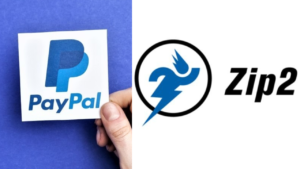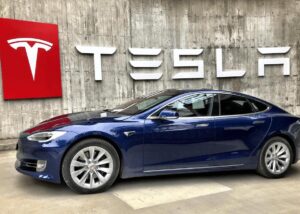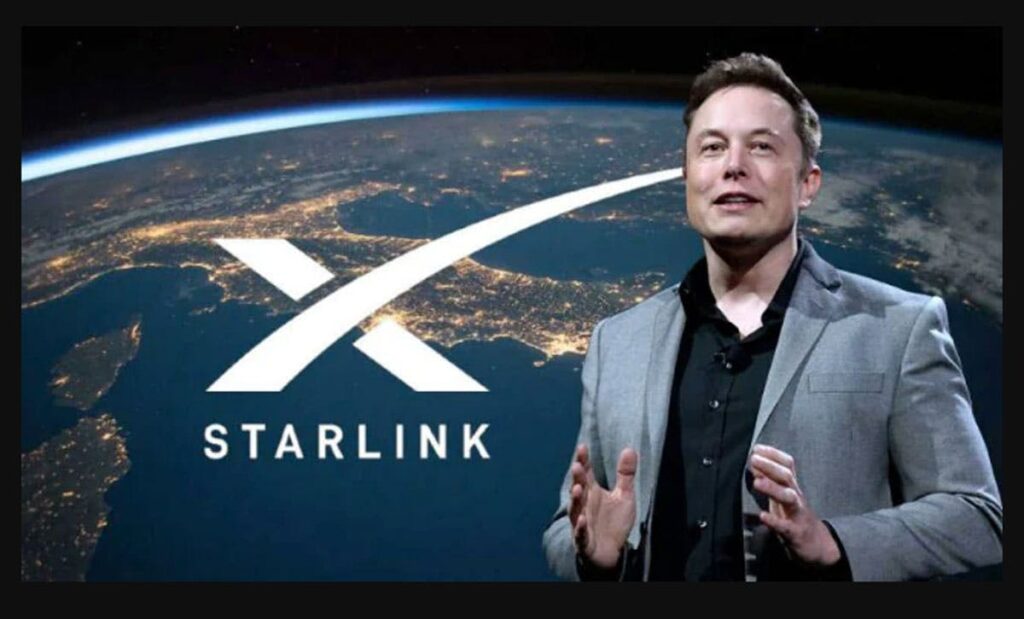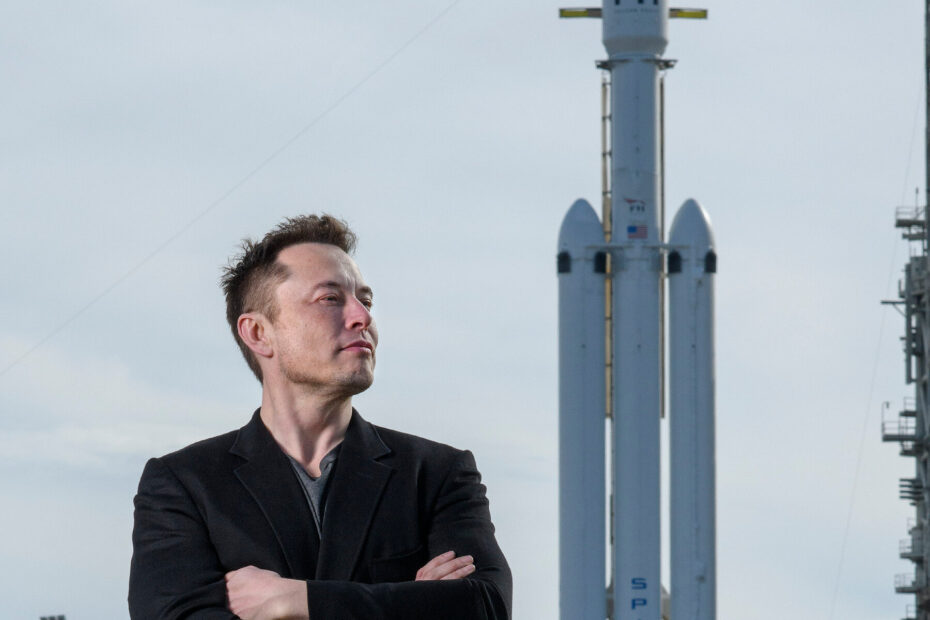Introduction
Elon Musk is one of the most talked-about figures in modern history. Whether he’s launching rockets into space, revolutionizing electric vehicles, or building AI and tunnel networks, Musk epitomizes ambition. But behind his public persona lies a deeply personal story of resilience, intellect, and sheer willpower. This blog explores Musk’s extraordinary journey—from a tumultuous childhood in South Africa to becoming a self-made billionaire and innovator shaping the future of humanity. We’ll uncover key life and business lessons that aspiring entrepreneurs can learn from his path to greatness.
Early Life and Challenges
Childhood in South Africa
Born on June 28, 1971, in Pretoria, South Africa, Elon Musk had a difficult childhood. He was the eldest of three children, raised by a Canadian mother, Maye Musk, and a South African engineer, Errol Musk. After his parents’ divorce, Elon stayed with his father—a decision he would later regret due to a strained and troubled relationship.
Musk was introverted, bookish, and highly intellectual. He taught himself to program at the age of 12 and sold a video game called Blastar for $500. Despite his precocious talents, he endured relentless bullying at school. At one point, he was hospitalized after being thrown down a flight of stairs. These early experiences instilled in him a hardened resolve and an intense desire to escape.
Journey to North America
Determined to build a future beyond apartheid-era South Africa, Musk left at age 17. He moved to Canada to attend Queen’s University, later transferring to the University of Pennsylvania. There, he earned dual degrees in economics and physics. Elon briefly enrolled in a PhD program at Stanford, but left within 48 hours to pursue opportunities in the booming internet sector. The dropout decision marked the first major pivot toward his business empire.

Zip2 and Paypal
In 1995, Elon and his brother Kimbal launched Zip2, a company that provided online business directories and maps for newspapers. Despite initial rejections and a Spartan lifestyle—often sleeping in the office—they sold the company to Compaq in 1999 for $307 million. Musk earned $22 million from the sale.
He used part of that fortune to create X.com, an online banking platform. It eventually became PayPal after merging with Confinity. Though ousted before its sale, Musk remained the largest shareholder. When eBay acquired PayPal for $1.5 billion in 2002, Musk walked away with $165 million—funds that would fuel his next, much riskier ventures.
SpaceX: Reaching for the Stars
Elon Musk founded SpaceX in 2002 with an ambitious goal: to reduce the cost of space travel and eventually colonize Mars. In the early years, SpaceX faced numerous failures. The first three launches of the Falcon 1 rocket failed, nearly bankrupting the company. Musk invested his own money to keep the company afloat. In 2008, with SpaceX on the verge of collapse, the fourth launch succeeded. That same year, NASA awarded SpaceX a $1.6 billion contract to supply the International Space Station.
SpaceX’s breakthrough came with the development of the Falcon 9, a reusable rocket that revolutionized space travel economics. In 2020, SpaceX made history by launching astronauts to the ISS aboard the Crew Dragon spacecraft, becoming the first private company to do so. The Starship project, currently under development, aims to enable interplanetary travel. Musk envisions a human colony on Mars within his lifetime, driven by the belief that becoming a multi-planetary species is crucial for humanity’s survival.

Tesla: Electrifying the World
Musk joined Tesla Motors in 2004, a year after its founding, and took on the role of CEO and product architect. At the time, electric vehicles were considered impractical and niche. Tesla’s early Roadster changed that perception, combining performance with sustainability. The Model S, released in 2012, set new standards for electric vehicles and helped the company gain mainstream recognition.
Tesla faced intense skepticism from investors and the public. Production delays, financial constraints, and aggressive timelines drew criticism. Yet Musk’s unrelenting focus on innovation led to the creation of the Gigafactories, vertically integrated supply chains, and breakthroughs in battery technology. Tesla’s Model 3 and Model Y became top-selling EVs globally, contributing to a shift in public perception and industry trends. By 2021, Tesla’s market cap exceeded $1 trillion, symbolizing the triumph of clean technology over convention.
Notable stories include Musk sleeping in the Fremont factory during the Model 3 “production hell” phase, working 120-hour weeks, and re-engineering production lines in real-time. His obsession with speed, efficiency, and engineering precision turned Tesla into the world’s leading electric car company.

OpenAI and Ethical AI
Concerned about the potential dangers of uncontrolled artificial intelligence, Musk co-founded OpenAI in 2015. The non-profit’s mission was to ensure that artificial general intelligence (AGI) would benefit all of humanity. OpenAI aimed to balance power and access in the AI sector, advocating for transparency, open research, and safe deployment.
Though Musk eventually stepped away from the board due to potential conflicts with Tesla’s AI initiatives, his early involvement was instrumental in shaping public discourse around AI ethics. OpenAI’s development of advanced language models, including GPT (Generative Pre-trained Transformers), redefined what machines could do with language and data. Musk’s proactive approach underscores the importance of foreseeing and managing the societal impacts of emerging technologies.
Other Ventures: Neuralink, The Boring Company, SolarCity
Musk also founded Neuralink to develop implantable brain–machine interfaces. The goal is to merge human cognition with AI, treat neurological disorders, and ultimately enhance human capabilities. Though still in early stages, Neuralink has demonstrated neural implants working in animals, with human trials on the horizon.
The Boring Company, created to combat urban traffic congestion, developed tunneling technology and began pilot projects in Las Vegas. Meanwhile, SolarCity, founded by Musk’s cousins and acquired by Tesla, aimed to accelerate solar energy adoption in homes and businesses. Through vertical integration, Tesla now offers solar roofs, panels, and Powerwall storage units.
Life and Business Lessons
1. Vision Beyond the Present
Musk doesn’t just solve today’s problems—he anticipates tomorrow’s challenges. From climate change to interplanetary colonization, he envisions solutions that redefine entire industries. Entrepreneurs can learn to think bigger and aim to create systemic change, not just incremental improvement.
2. Relentless Risk-Taking
After the PayPal sale, Musk reinvested almost all his wealth into Tesla and SpaceX, at one point borrowing money for rent. His story underscores that calculated, high-stakes risks often differentiate dreamers from doers.
3. Innovation in Adversity
Both SpaceX and Tesla were on the brink of collapse. But Musk’s willingness to endure pain, work around the clock, and push teams through adversity turned near-failure into global success. Turning adversity into innovation is a lesson worth emulating.
4. Obsession with Improvement
From sleeping on the factory floor at Tesla to pushing impossible deadlines, Musk embodies the philosophy of continuous improvement. His dedication inspires leaders to stay involved at every level of their business and iterate rapidly.
5. Disruption with Purpose
Musk doesn’t disrupt for disruption’s sake. Each venture is rooted in a broader mission—sustainability, survival, intelligence augmentation. This purposeful disruption is what gives his companies cultural relevance and long-term value.

Elon Musk’s transformation from a bullied South African teenager to a world-changing billionaire innovator offers more than inspiration—it provides a roadmap. His life embodies vision, courage, adaptability, and an unmatched work ethic. For entrepreneurs, Musk’s path proves that dreaming big, enduring setbacks, and daring to disrupt are not just traits—they are requirements.
As Musk himself once said, “When something is important enough, you do it even if the odds are not in your favor.”
His story is a testament to that philosophy—and a reminder that the boldest ideas often begin with the humblest of origins.


